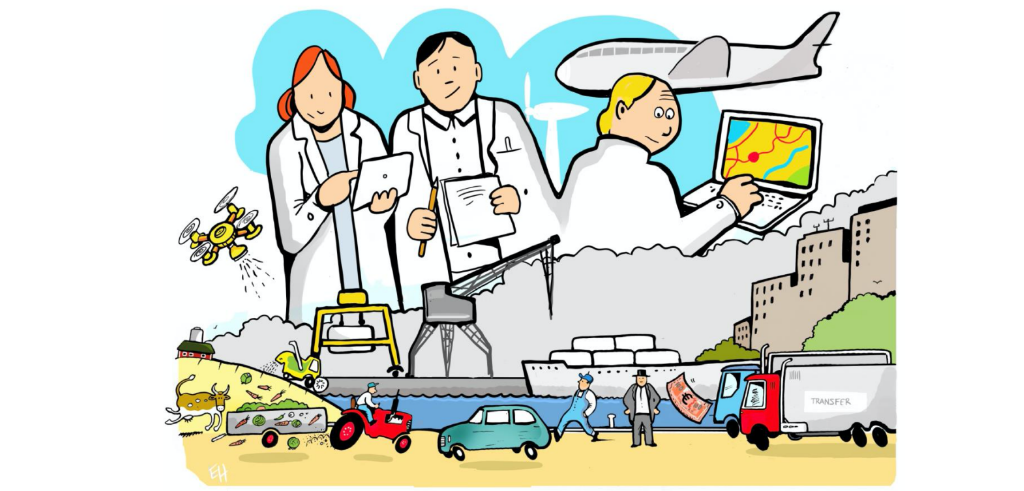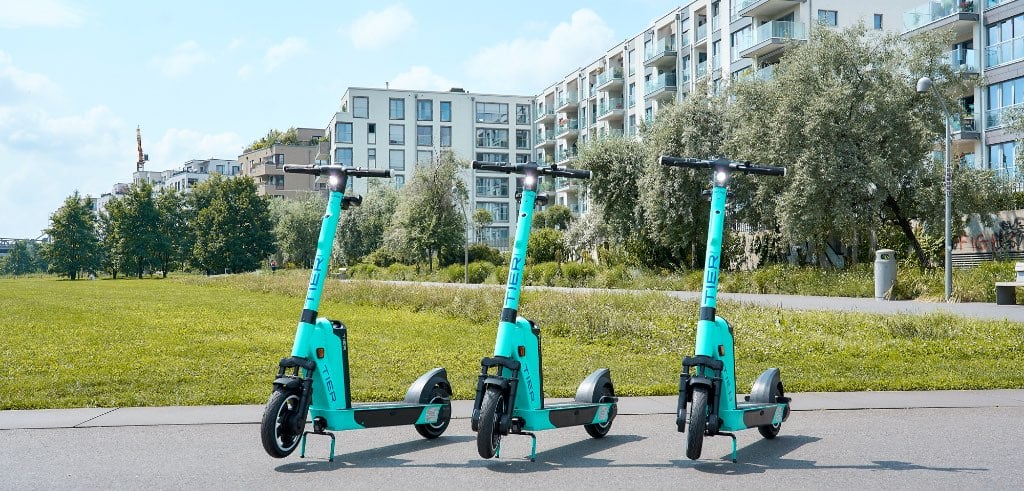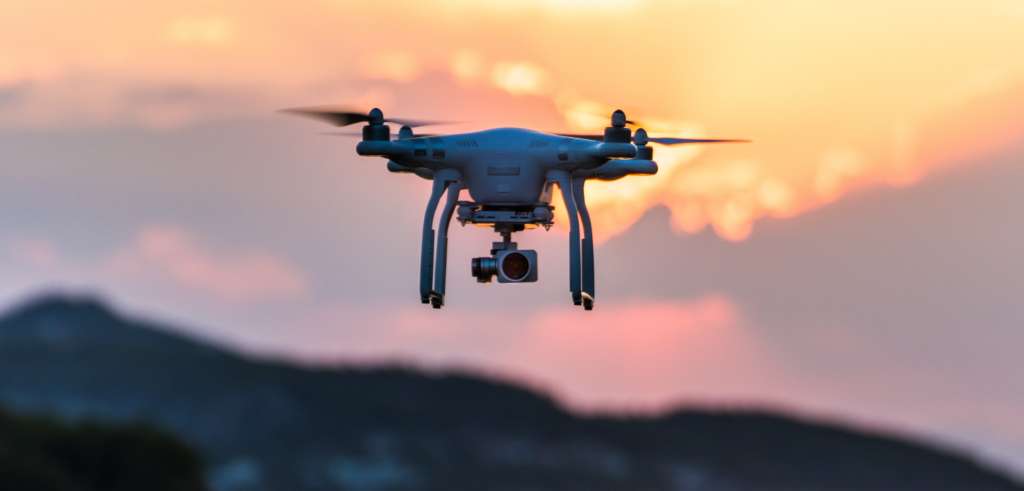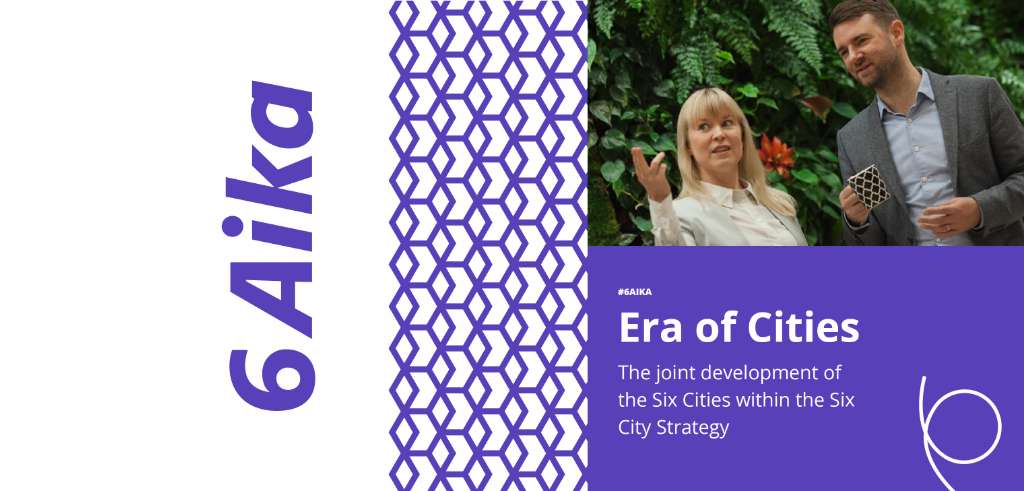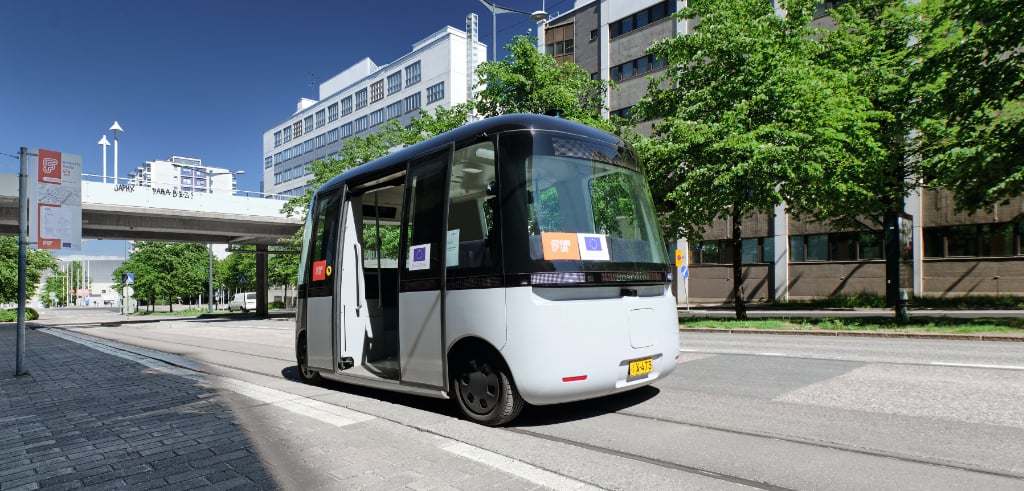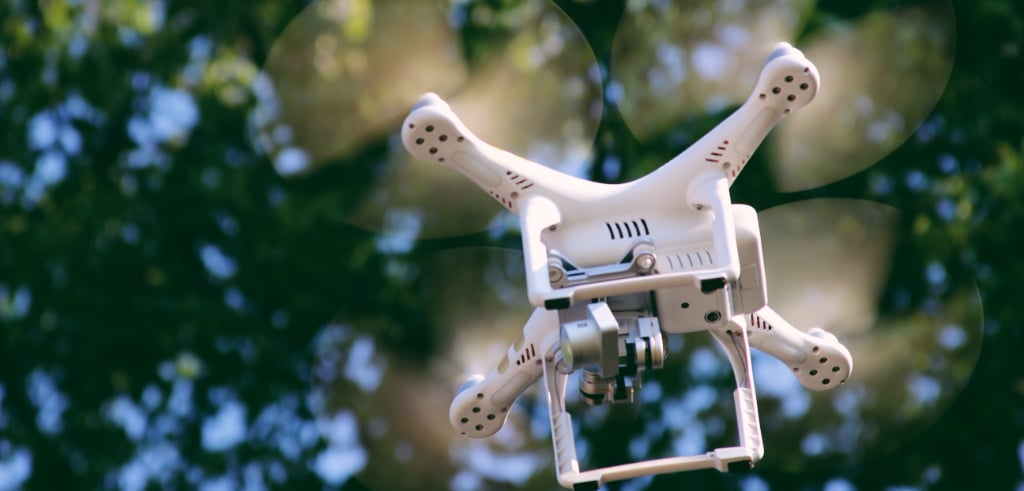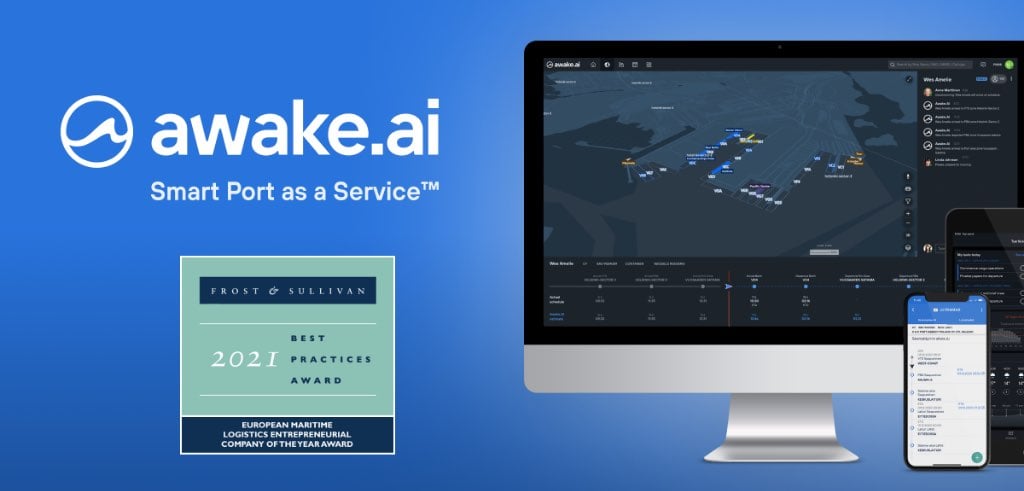Autonomous systems bring up new opportunities to industries and supply chains. At the same time, they demand new business models, and challenge industries, and society, to change.
RAAS Research Alliance for Autonomous Systems released their White Paper in August 2020 about autonomous solutions and change in the technology companies’ business.
Digitalization means a step-by-step change from products to intelligent solutions and toward autonomous systems via remote diagnostics, remote control, and optimization. An ideal autonomous system is by definition autonomous, but it is tightly linked to other systems, organisations, and people. To achieve the intended benefits of autonomous systems; increased efficiency, quality, safety, sustainability and reliability; we need to better understand requirements of the systemic change from the perspective of firms and business networks
In our essay, we rationalize why and how research on autonomous systems need to address the implications for firms’ and their business networks’ activities as well as the institutional implications for society at large. As a conclusion, we present six research themes and related research questions that increasing autonomy of systems raises.
Reseach themes
Research theme 1. Managing systemic change in development, integration, implementation of autonomous system. How to renew value creation and capture so that autonomous systems implementation and utilization is profitable? What kind of requirements are there for systemic change, and what are the phases toward profitable business?
Research theme 2. Ecosystem building, orchestration and synchronized change for autonomous systems, including business model transformation in firms. The ecosystems for autonomous systems challenge firm- and product- oriented business practises and requires new kinds of collaboration, competence and value sharing. What kind of new links between firms are needed, who is the “right” orchestrator and how to fairly share the benefits? How to synchronize the change in and between firms?
Research theme 3. Autonomous systems operational and technology platforms, their standardization locally, in Europe, and globally, and in different sectors of industry. The potential of digital marketplaces and shared technology platforms is understood but implementation is in its infancy in B2B sector. Standards are needed, but how to create and define them with competitors? When is a local approach best and where is global collaboration needed?
Research theme 4. Adoption and diffusion of autonomous systems technology, digital services and complex solutions between in business relationships; the capabilities and readiness of customers. To achieve the benefits of the new technology, it is often required that also customers and other ecosystem actors accept and adapt the new technology. How to make the new technology attractive for customers? How can the innovators – first movers – accelerate the change of late adaptors?
Research theme 5. Radical innovations in business strategy and execution of strategic change programs in ecosystems. Development and utilization of autonomous systems call for bold and strategic decision-making and abandoning old path-dependencies. Building a strong change-oriented mind-set, investment in innovation and keeping the current business profitable at the same time creates discrepancies. How to implement a strategy that contains disruptive elements? How to stand, or even exploit the uncertainty related to radical innovations?
Research theme 6. Decision-making and resilience; changes in organizations and in ways of working. Increasing autonomy challenges the prevailing mental models of management and forces to update decision-making criteria and practices to better fit the new systemic world. The nature of work, tasks and competencies required can change, and the readiness and willingness to change, i.e. resilience, become as prerequisite in all kinds of work. What kind of actions are needed to get the changes accepted and under way? How can firms share their best practises to foster ecosystem resilience?
The original RAAS white paper in Finnish can be read
here.
